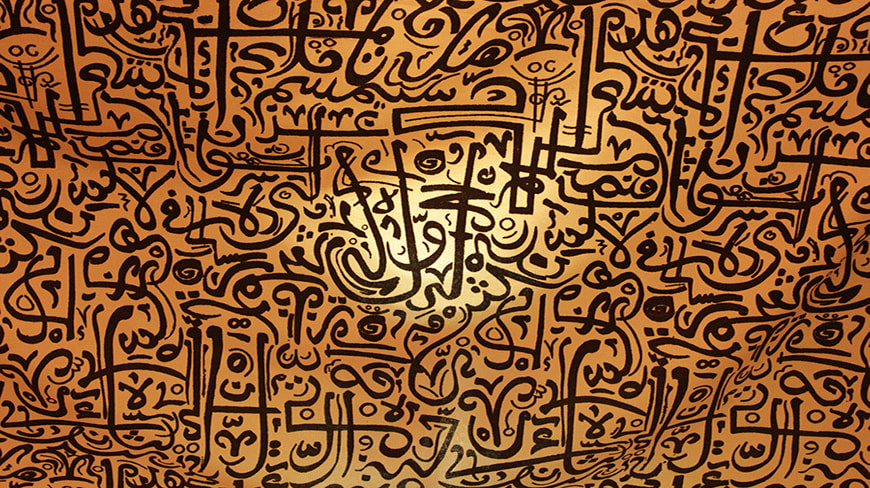 Poetry was a strong literary tradition among the Pre-Islamic Arabs which they cherished even after their acceptance of Islam. The Arabs were unlettered people who could not read or write therefore their tribal pride, history and proverbs were all memorized and preserved in fluent and eloquent poetry. The fluency and eloquence was a highly significant factor for the memorization of their traditions and transmission to descendants. The tribes considered their eloquent literary figures as national heroes, it is said that eloquence was so esteemed that 2 tribes would go to war over a saying of a literary figure and then be reconciled by the words of another. Poetry was at its peak in the Arabian Peninsula when the Quran was revealed. The Quran addressed the Arabs in the most eloquent, fluent and poetic form, it challenged first the literary figures of the Arabian Peninsula: (Al Quran 2:23) "If you doubt what We have sent down on our servant, produce a Surah like it." - Amazed at the book's language stunned many great poets of the time resulting in many of them accepting Islam. Labid ibn Rabiah, the best poet in the Arabian peninsula, accepted Islam after hearing the Quran to the extent that in his amazement he stopped uttering his own verses. With the rise of Islam and expansion of its territories that took place during the rule of immediate successors of Prophet ﷺ , the Arabs did not excel in literary efforts in other subjects because they had emerged from the Bedouin lifestyle in which the use of pen was very nominal, their society followed the oral tradition. The poetry in which they cherished was mainly transmitted orally and through memory. This trend continued among the Arabs during the rule of Umayyad’s which lasted till mid of 8th Century CE before the Abbasids took over and the use of pen and literary efforts in other subjects became more popular. The fact of the matter why early Arabs cherished poetry and felt pride in was due to the purity and strength of their language. In an authentic narration Prophet Muhammad ﷺ is reported to have said "...I have been given words which are concise but comprehensive in meaning..."[1] i.e. the Quran in Arabic language, which contains comprehensive meanings within very few words, sometimes even a single word, which is not the case with other common languages. In other languages one has to employ many words to express something comprehensive. This fact can be understood better when one tries to delve deeper in to the history of the Arabic tongue. Alvin Sylvester Zerbe in his book named "Antiquity of Hebrew Writing and Literature" mentions a fact about Arabic language from a research: "North Arabia is a geographical centre of the race. It is much more likely to have peopled the surrounding highlands than to have been peopled from them. The Arabic language is upon the whole nearest the primitive Semitic speech, as it by far the oldest and purest of all living tongues [though its literature is by no means the oldest] and its speakers in Arabia belong to the oldest and purest of race.....We assume that the Northern Semites - Bablylonians, Aramaeans, Canaanites - lived long together apart from the Arabs, who tended always to the center of the desert"[2] Zerbe's point is discernible when one attempts to study the history of Arabs and Arabic language in the Arabian peninsula. The Arabs that inhabited the desert region of the peninsula remained isolated from other civilized cultures of the region, such as the Persians, Roman, Greek and other empires, for the longest because their land was barren, something which never attracted the civilized world. Since they remained isolated from the outside world, the non-Arab languages and culture did not influence the Arabic tongue causing it to remain pure and strong. It was mainly because of this the Arabs always felt pride in their language and poetry tradition against other regional cultures. This explains why Allah ﷻ in His divine wisdom chose to reveal His final message in Arabic : (Al Quran 26:195) "..in the clear Arabic tongue." - in the dialect of Quraysh, Prophet Muhammad's tribe, whose roots go back centuries connecting them directly with Adnani tribes, the descendants of Prophet Ismail (Ishmael) (alaihis alaam) through his marriage with a woman of ancient Arabians. Arab linguists and researchers strongly believe that: “The Arabic language is like Adam, has no father, no mother! and as such is the mother of human languages.”[3] If that is the case then we can understand why it is claimed that Arabic is as old as humankind and why Allah ﷻ in His Divine Wisdom chose to reveal in classical Arabic. To get clearer picture of the natural preservation of classical Arabic and the Quran please also read: The Miracle of Classical Arabic in the Quran References: [1] Sahih Muslim 523 a - Sunnah.com [2] The antiquity of Hebrew writing and literature: Alvin Sylvester Zerbe - 1911 [3] Khalil Khayat - Answers about Islamic Heritage and Arabic Language! - Expert in Islamic Studies and Arabic Culture on www.Quora.com - Why is the Arabic language so poor? It doesn't have the ‘p’ and ‘g’ sounds of the letters.
2 Comments
|
AuthorZaid Shah Archives
February 2020
Categories |
Proudly powered by Weebly
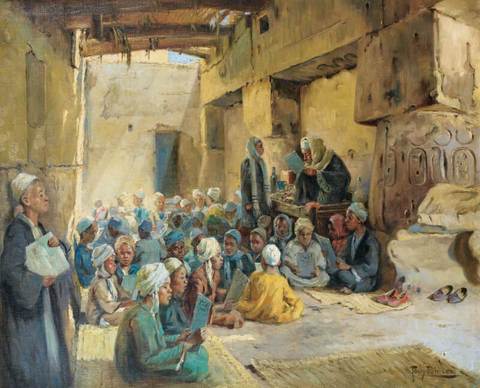
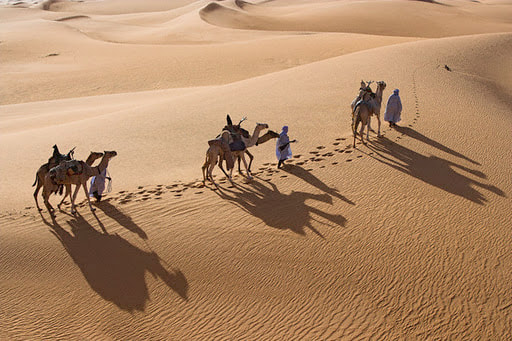
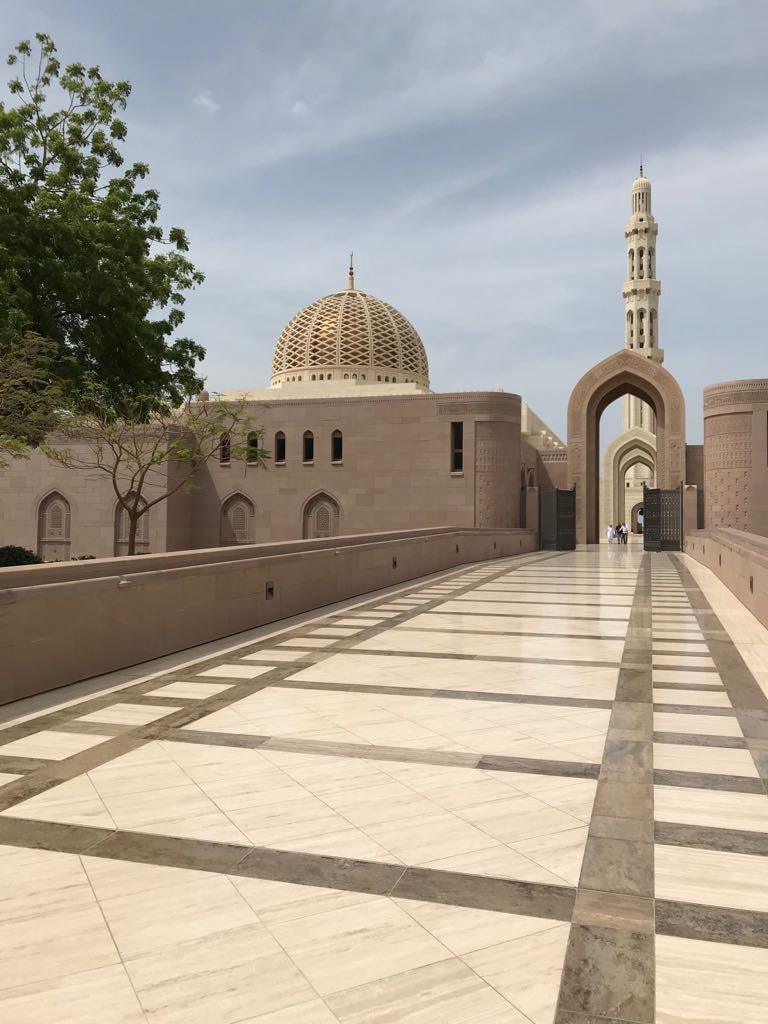
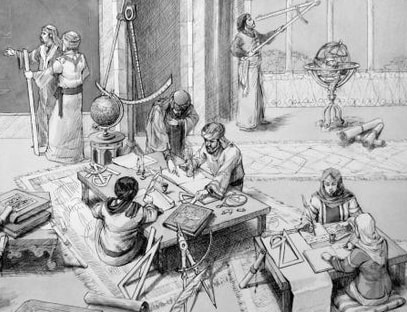
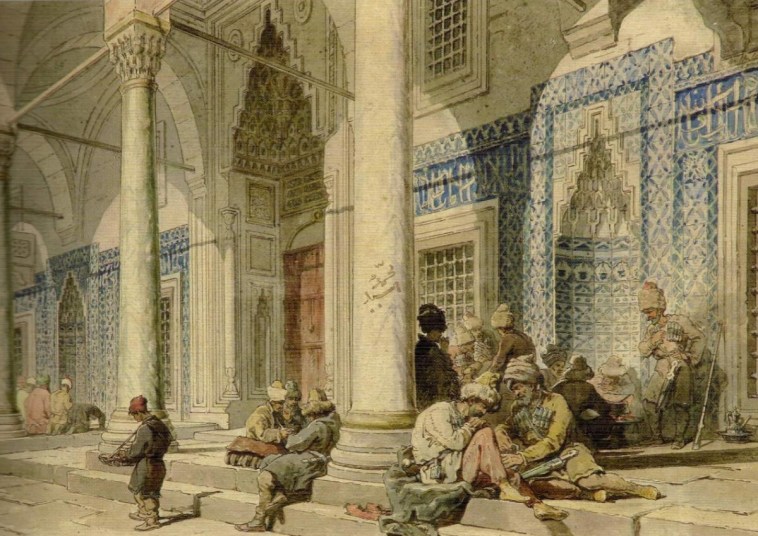
 RSS Feed
RSS Feed